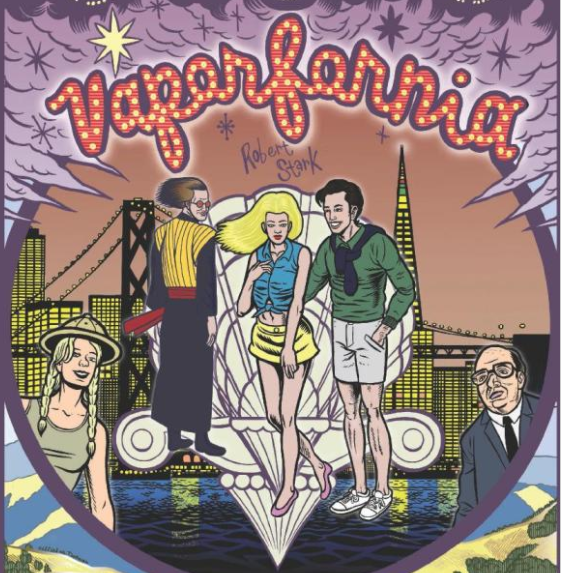Ernst Jünger’s War-Forged Man
 |
| Ernst Jünger (1895-1998) |
Kasey James Elliott’s recently published English translation
of Ernst Jünger’s
1922 book War as an Inner Experience is so lacking in grace that it is
tempting to suspect that Elliott does not even know any German, so much of the
text reading like it was vomited out of Google Translate. Having said that,
though, enough of the author’s communicative prowess shines through the often
unsatisfactory words on the page to make this frustrating little book worth a
look.
Certain passages retain the power of Jünger’s
expression, and particularly interesting are those portions that are impossible
to read except as forecasts of National Socialism’s transformation of Germany. “The
war, father of all things,” he sets out in his introduction, “has hammered,
chiseled and hardened us to what we are. And always, as long as the swinging wheel
of life still circles within us, this war will be the axis around which it
whirls.” The Great War “has educated us to fight, and we will remain fighters
as long as we are able.” [1] It has, furthermore, created an entirely new type
of man:
When I watch them silently cutting
alleys in the wire enclosure, digging storm steps, comparing luminous clocks,
determining the north direction according to the stars, I am overcome by the
realization: This is the new man, the storm pioneer, the selection of Central
Europe. A completely new race, clever, strong and full of will. What is
revealed here in battle as an apparition will tomorrow be the axis around which
life whirls faster and faster. It will not always be possible to clear the way
through craters, fire and steel, as here, but the stormy pace with which the
events here are presented, the iron-used tempo, will remain the same. The
glowing sunset of a sinking time is at the same time a dawn in which one
prepares for new, harder battles. Far behind, the gigantic cities, the armies
of machines, the empires whose inner bonds are torn in the storm, await the new
man, the bolder, the one accustomed to battle, the ruthless against himself and
others. This war is not the end, but the prelude of violence. It is the hammer
mill in which the world is shattered into new borders and new communities. New
forms want to be filled with blood, and power wants to be grabbed with a hard
fist. The war is a great school, and the new man will be of our make. [2]
“What is preparing itself here is already a battle in the
sense of a completely new time”, he concludes:
Just now […] it seemed to me that
the day after tomorrow ancient and sacred symbols were to be carried toward new
goals. But here the silk sheen of the flags seems to fade, here speaks a bitter
and dry earnestness, a marching beat that awakens the imagination of vast
industrial districts, armies of machines, battalions of workers, and cool,
modern men of power. Here the material speaks its iron-hard language and the
superior intellect that uses the material. And this language is more decisive
and cutting than any before. [3]
“But what kind of people are they who do not feel up to
their time?” he demands [4]. Indeed, even as European civilization rots in
front of our eyes and fills our nostrils with still more contemptible foulness
with every hateful day that passes, it is possible, like Jünger,
to find in this “sunset of a sinking time” also an opportunity for struggle and
greatness in the “dawn in which one prepares for new, harder battles” in which
our ancient, sacred symbols finally will be carried forward.
Rainer Chlodwig von K.
Rainer is the author of Drugs, Jungles, and Jingoism.
Endnotes
[1] Jünger, Ernst. War as an Inner Experience. Trans.
Kasey James Elliott. [no place of publication given]: Anarch Books, 2021, pp.
1-2.
[2] Ibid., pp. 68-69.
[3] Ibid., pp. 101-102.
[4] Ibid., p. 102.



Comments
Post a Comment